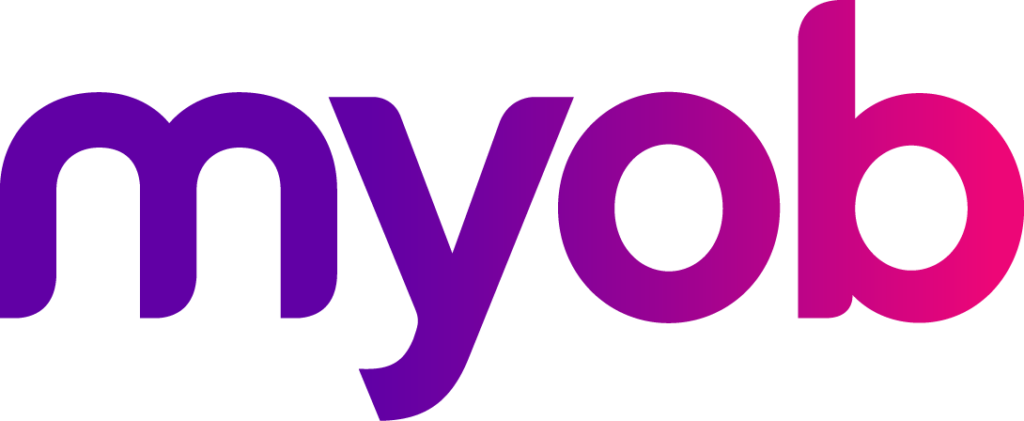Economy
As expected this is one of the most stimulatory budgets we have ever seen. Despite the trillion-dollar debt, there’s plenty of good news for many Australians in the Federal Budget. Broadly, Aussies will get a tax cut and it will be backdated, there’s plenty of concessions for businesses to help with investment and jobs and there’s something for pensioners.
We have summarised the key initiatives below and we are available to help you understand how the budget impacts on you or your business.
Taxation
The Government will bring forward Stage two of the Personal Income Tax Plan, which will see more than 11 million taxpayers get a tax cut backdated to 1 July 2020.
Tax relief for individuals:
As part of the 2020-21 federal budget the Government will bring forward Stage two of our Personal Income Tax Plan by two years, effective from 1 July 2020:
Tax cuts have been provided in three phase tax changes:
- First, the low-income tax offset will provide up to an additional $255 in tax relief as it increases from $445 to $700.
- Second, the top threshold of the 19 per cent bracket will increase from $37,000 to $45,000. This will provide up to $1,080 in tax relief.
- Third, the top threshold of the 32.5 per cent bracket will increase from $90,000 to $120,000. This prevents individuals from facing higher marginal tax rates in the future and provides tax relief of up to $1,350.
Tax relief for business:
Business will be supported with time-limited tax incentives that will provide immediate expensing and loss carry-back.
Immediate Asset Write Off
Businesses with a turnover of less than $5bn will be able to deduct the full cost of eligible depreciable assets purchased from 7:30pm (AEDT) on 6 October 2020 and first used or installed by 30 June 2022. The cost of improvements made during this period to existing eligible depreciable assets can also be fully deducted.
Eligible businesses that have acquired eligible new or second-hand assets under the enhanced $150,000 instant asset write-off by 31 December 2020 will also have an extra six months, until 30 June 2021, to first use or install those asset
The Government is expanding access to a range of small business tax concessions for small to medium businesses.
Loss Carry-back
The Government will allow companies with turnover up to $5 billion to offset tax losses against previous profits on which tax has been paid to generate a refund. Losses incurred in 2019–20, 2020–21 and/or 2021–22 can be carried back against profits made in or after 2018–19. Eligible companies may elect to receive a tax refund when they lodge their 2020–21 and 2021–22 tax returns.
JobMaker Hiring Credit
From 7 October 2020, eligible businesses will be able to claim $200 a week for each additional eligible employee (must be on jobseeker) they hire aged 16 to 29 years old; and $100 a week for each additional eligible employee aged 30 to 35 years old. Eligible employees are required to work a minimum of 20 hours per week. To be eligible, employers will need to demonstrate an increase in overall employee headcount and payroll for each additional new position created.
New jobs created until 6 October 2021 will attract the JobMaker Hiring Credit for up to 12 months from the date the new position is created.
The JobMaker Hiring Credit will be claimed quarterly in arrears by the employer from the Australian Taxation Office (ATO) from 1 February 2021. Employers will need to report quarterly that they meet the eligibility criteria.
Subsidy for Apprentices and Trainees
Half the salary of the new apprentices and trainees in any industry will be paid for by the federal government for 1 year under the wage subsidy scheme to drive the job growth.
- Open to Employers of any size or industry.
- Pays for 50 percent of the wages for a new or recommencing apprentice or trainee, up to $7,000 per quarter.
- Program capped at 100,000 places.
- Only apprentice and trainees hired from 7th October 2020 are eligible.
- Wages paid from 7th October 2020 to 30th September 2021 are covered under the scheme.
- Payments are made quarterly in arrears.
- Employers cannot get the new subsidy as well as the Supporting Apprentices and Trainees (SAT) or JobKeeper.
Fringe Benefits Tax
The government will also increase the small business entity turnover threshold from $10 million to $50 million, which will give eligible businesses access to small business tax concessions in a number of stages.
Additionally, the Government is cutting red tape by allowing employers to use existing corporate records, rather than prescribed records, to complete their fringe benefits tax (FBT) return.
They have also announced an FBT exemption for employer-provided retraining and reskilling, for employees who are redeployed to a different role in the business. The change applies from 2 October 2020.
Superannuation
Australians will automatically keep their superannuation fund when they change employers, stopping the creation of unintended multiple accounts.
By 1 July 2021, the employer will do this by logging onto ATO online services and entering the employee’s existing superannuation details. Once an account has been selected, the employer will pay superannuation contributions into the employee’s account.
A new online YourSuper comparison tool will help people compare the performance of funds which will be required to meet an annual performance test.
Pensioners
The government has announced two additional economic support payments of $250 to pensioners and other eligible recipients. The pension boost will be split into two $250 payments, with the first in December and the second from March next year.
You can find out more on the federal budget at https://budget.gov.au/
Should you have any question on how the 2020/21 federal budget impacts you or your business then please Contact Us.


